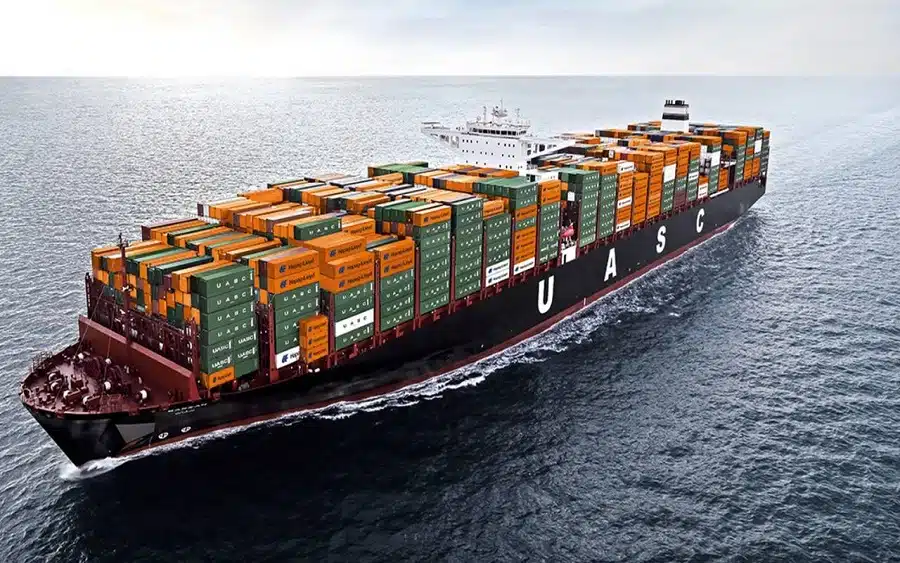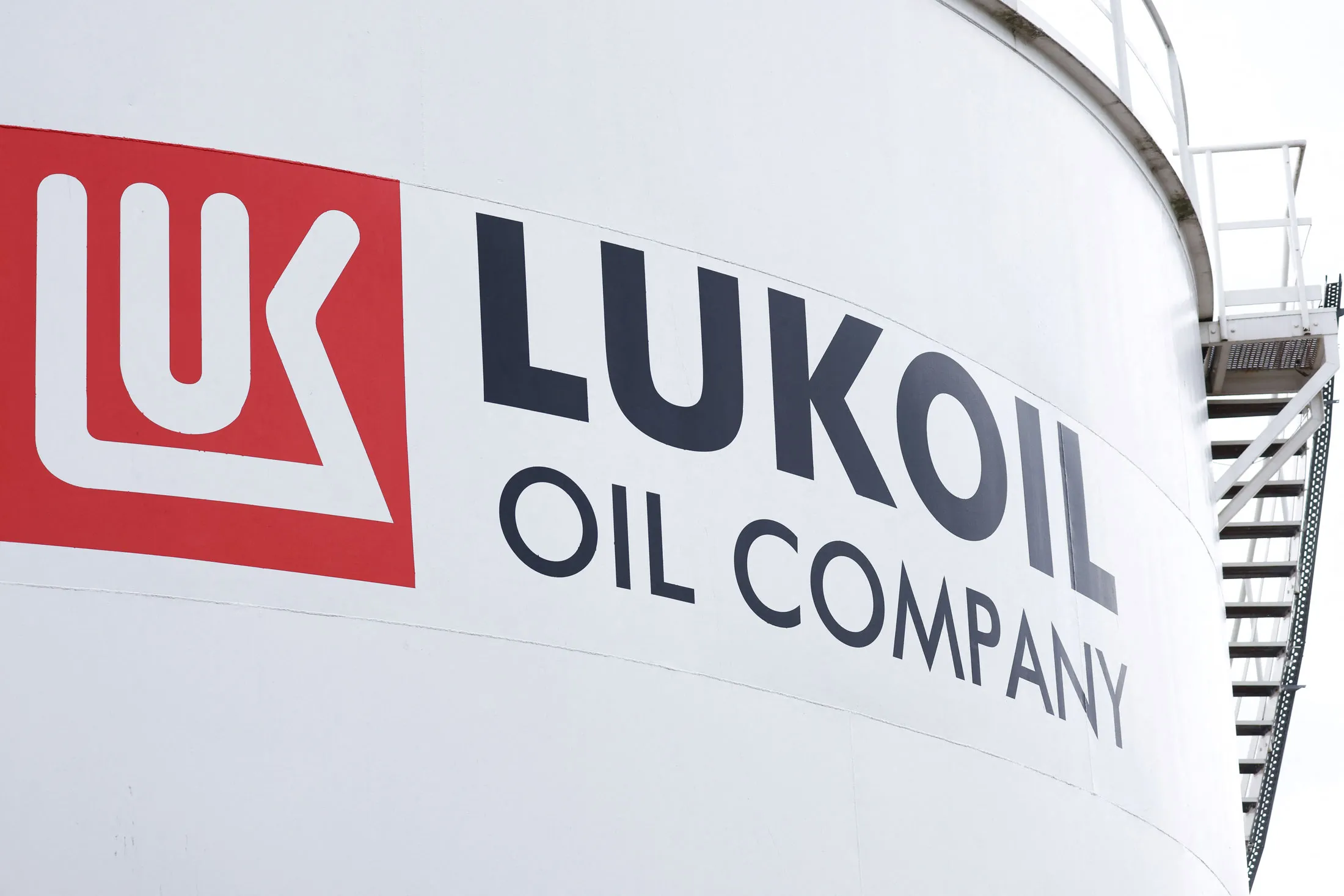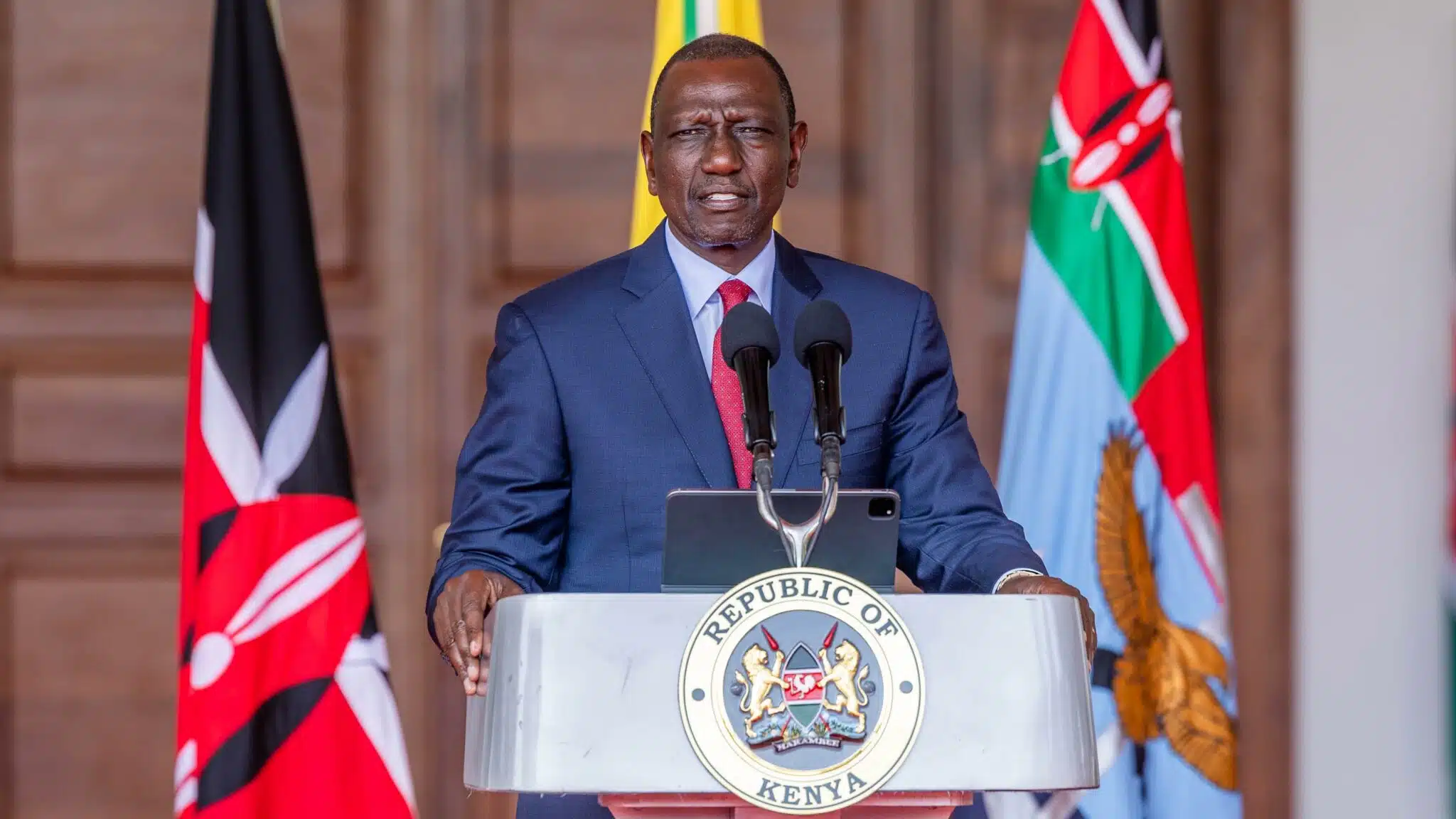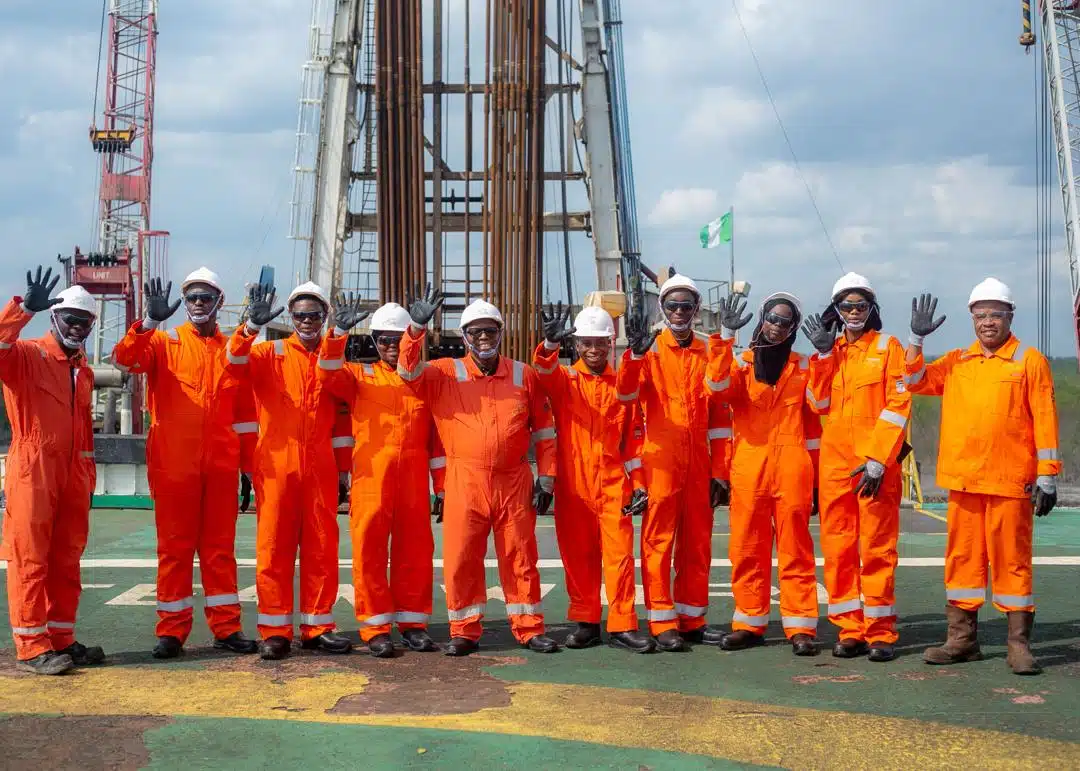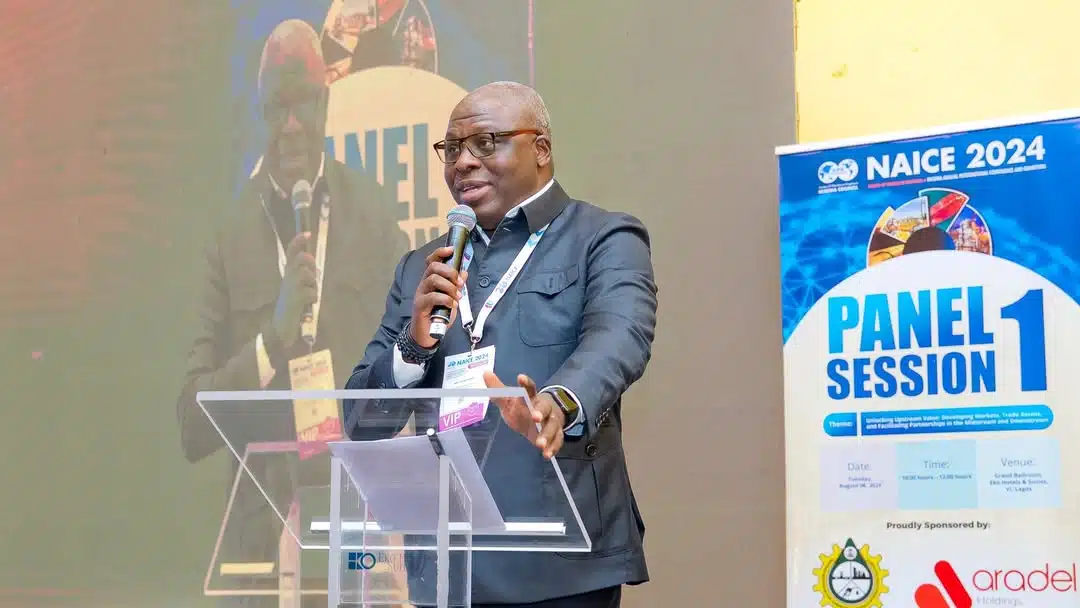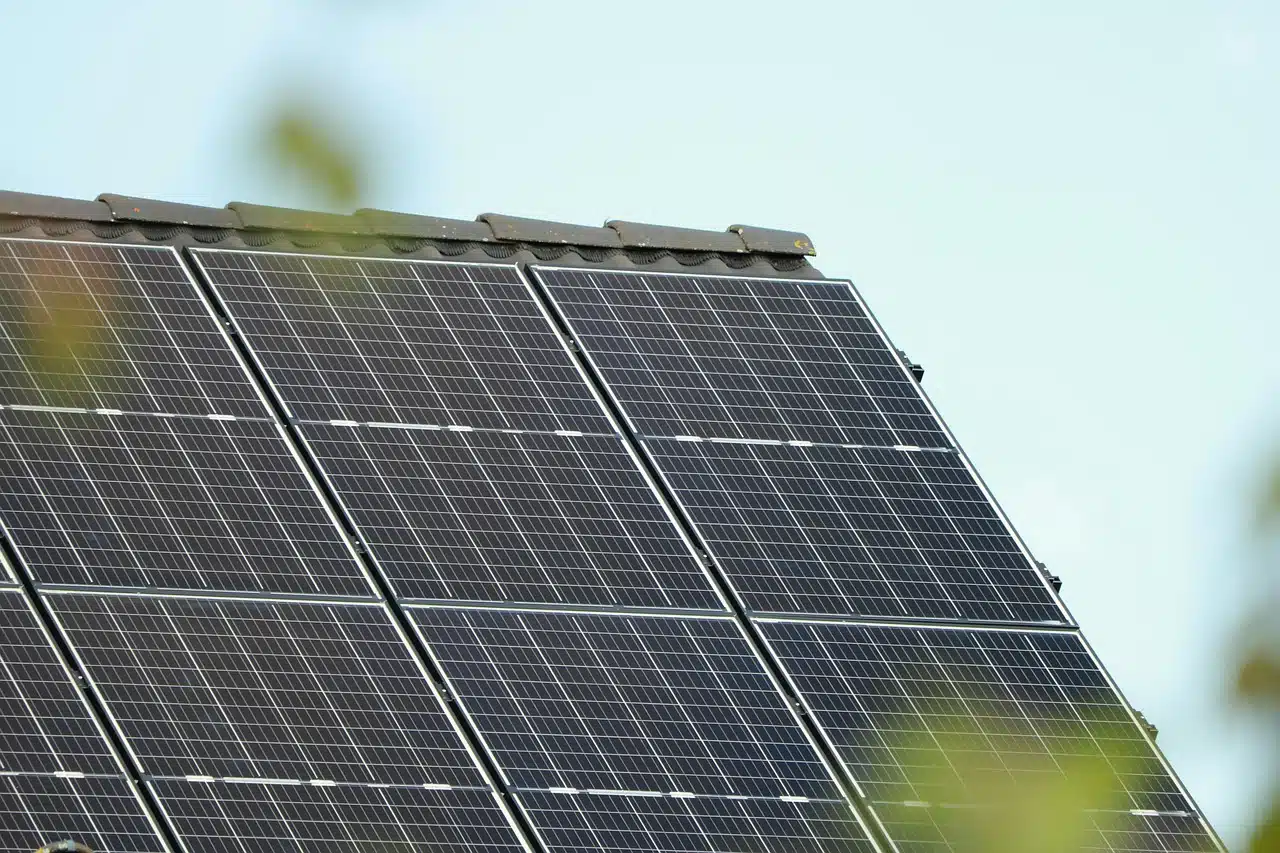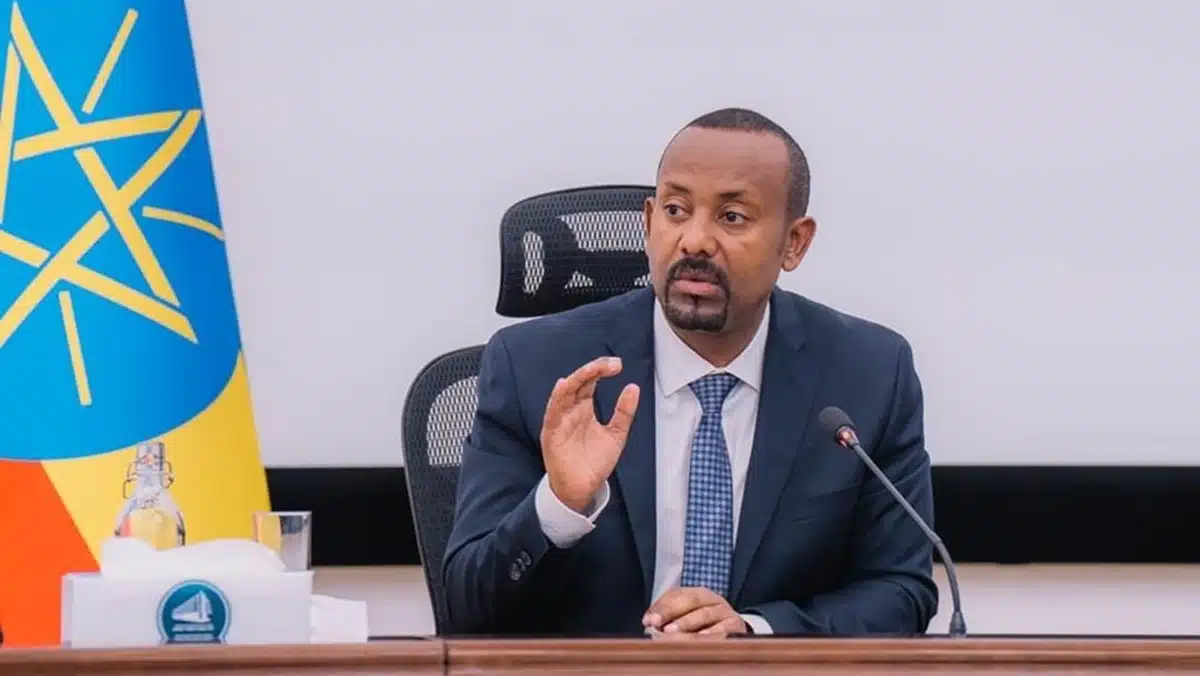The president of Dangote Group, Aliko Dangote, is urging the federal government of Nigeria to add refined petroleum products to the list of prohibited imports under the new “Nigeria First” initiative.
Speaking at the West African Refined Fuel Markets Conference, organized by the Nigerian Midstream and Downstream Petroleum Regulatory Authority (NMDPRA) in collaboration with S&P Global Insights, Dangote specifically called for petrol, diesel, and other refined fuels to be restricted under the policy.
“The Nigeria First policy announced by His Excellency, President Bola Tinubu, should apply to the petroleum product sector and all other sectors.”
Nigeria’s “Nigeria First” policy, unveiled after a May 5, 2025 executive council meeting, aims to prioritise local manufacturers, service providers, and contractors in public procurement.
It currently prevents federal MDAs from importing goods and services unless justified and approved by the Bureau of Public Procurement.
Dangote alleges cheap and bad fuel imports
In addition, Dangote alleges poor-quality fuel imports are worsening the situation.
“And to make matters worse, we are now facing increased dumping of cheap, often toxic petroleum products, some of which are blended to substandard levels that would never be allowed in Europe or North America.”
Since launching its mega refinery last year, Dangote has campaigned to end the importation of refined fuels, arguing that his plant could meet national demand.
Yet government data shows that, despite its 650,000 bpd capacity, the refinery currently supplies less than half of Nigeria’s 50 million litre daily fuel demand, losing a 59% market share to imports.
He attributes this discrepancy to unfair competition from traditional fuel importers:
“In Nigeria, due to this unfair competition, this price is just about 60 cents, even cheaper than Saudi Arabia, which produces and refines its own oil. This is due to the fact that we are having too much dumping.”
Dangote claims cheap fuel from Russia is being imported, undercutting local producers operating on full crude pricing.
“Discounted petroleum products produced in Russia or with discounted Russian crude find their way to Africa, severely undercutting our local production, which is based on full crude pricing. This has created an unlevel playing field in most African countries. Petrol and diesel are sold for about a dollar net of taxes.
He urged African governments to follow the example of the U.S., Canada, and the EU by protecting domestic producers from unfair competition.
Marketers’ reactions
In response, fuel marketers have opposed Dangote’s proposal, warning that banning refined petroleum imports could undermine growth in the downstream sector and conflict with the Petroleum Industry Act (PIA) of 2021, which supports open-market operations.
Before now, Dangote had accused NNPC—the country’s biggest downstream oil player—of undermining his refinery by failing to deliver the required crude supply.
Both the NNPC and the Dangote refinery have been engaged in a seemingly unending price adjustment spree at the slightest change in global oil prices.
Meanwhile, Dangote is also advancing other strategic initiatives to keep an edge:



